Carbon accounting, the practice of measuring, tracking, and reporting an organization’s carbon emissions, is crucial in the fight against climate change. By quantifying carbon emissions from sources such as electricity consumption and transportation, organizations can assess and reduce their environmental impact. This process is vital for compliance with increasingly stringent global regulations on carbon emissions and reporting. Failing to adhere to these standards can result in penalties. Beyond regulatory compliance, carbon accounting reveals operational inefficiencies, providing opportunities for cost savings and improved resource management. By reducing carbon emissions, organizations can lower costs, gain a competitive advantage, and appeal to eco-conscious customers and investors.
When looking for carbon accounting software, it’s important to consider a few key features that can help streamline the process of measuring, managing, and reporting your carbon emissions. These features are essential for anyone, regardless of their level of expertise in the field of carbon accounting.
Many businesses and organizations are turning to carbon accounting software to help them manage their carbon emissions effectively. Below are the top 10 Carbon Accounting Software Companies for 2023:
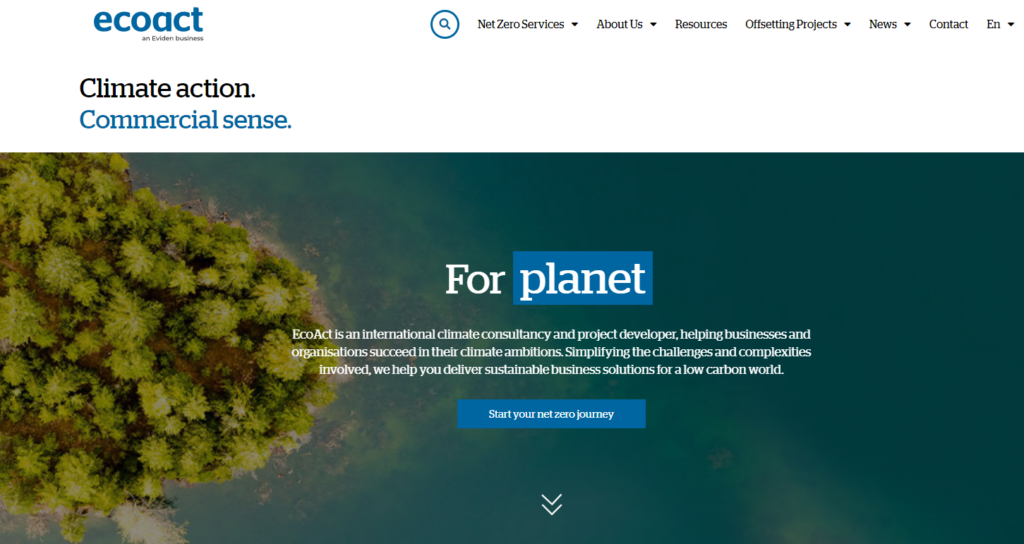
Founded in 2005, EcoAct has grown to become a global leader in carbon accounting software and sustainability consulting. They have offices in 9 countries, providing support in over 10 languages. In 2022, they reported a record revenue of $140 million, a growth of 25% from the previous year. Their cloud-based software supports over 20 different emission reporting standards, ensuring comprehensive global coverage. EcoAct’s software has facilitated the reduction of 8 million metric tons of carbon emissions to date, and they have certified more than 500 carbon offset projects worldwide.
Key Features
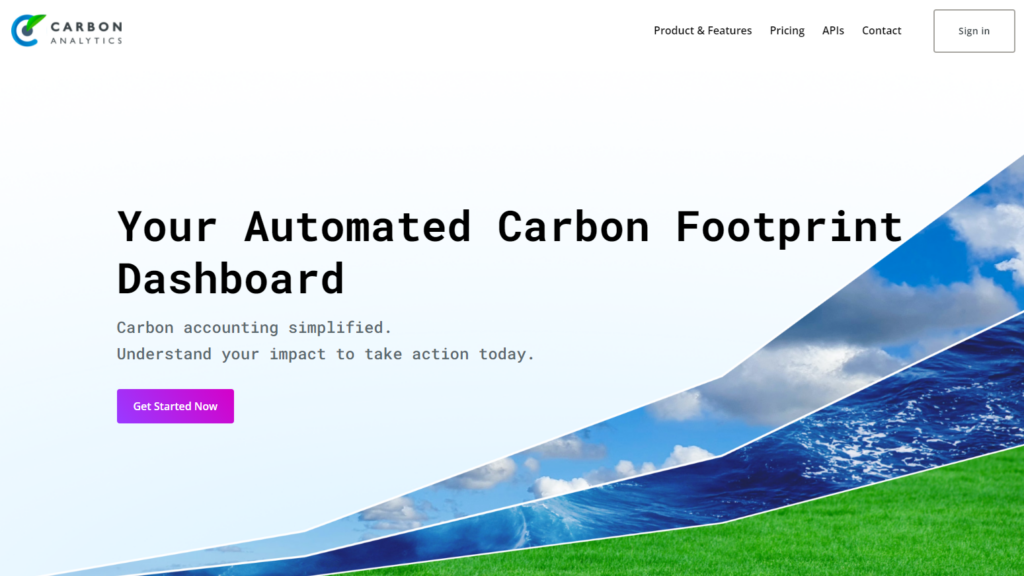
Established in 2012, Carbon Analytics has focused on delivering user-friendly, cloud-based carbon accounting software. In the last fiscal year, their platform processed data from over 10,000 suppliers, helping businesses monitor their supply chain emissions. With the introduction of their AI-powered emission prediction tool, their software has reduced the time spent on data collection by 30%. Carbon Analytics’ clients have reported a 15% average reduction in carbon emissions within the first year of using their platform. Their recent partnership with Microsoft enables seamless data integration with other business software.
Key Features
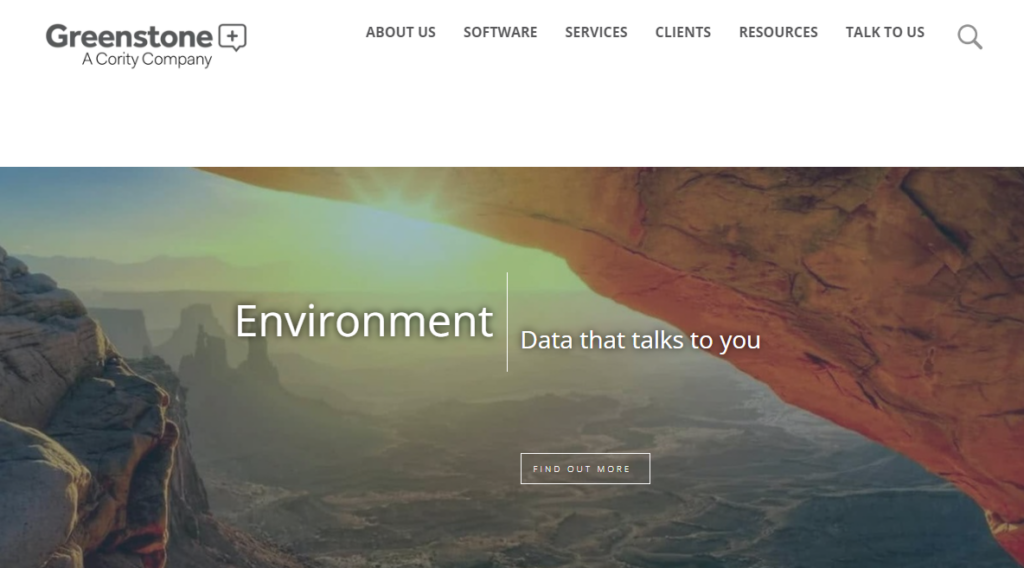
Greenstone, founded in 2007, has continually evolved its software to meet the changing needs of carbon accounting. In 2022, they launched their Scope 3 Emission Tracker, which has been adopted by over 300 clients, enabling businesses to track indirect emissions more accurately. With 99.5% data accuracy and real-time reporting, Greenstone’s software sets a high standard in carbon accounting. They have facilitated carbon reduction projects in over 40 countries, helping their clients achieve a combined total of $50 million in carbon tax savings.
Key Features
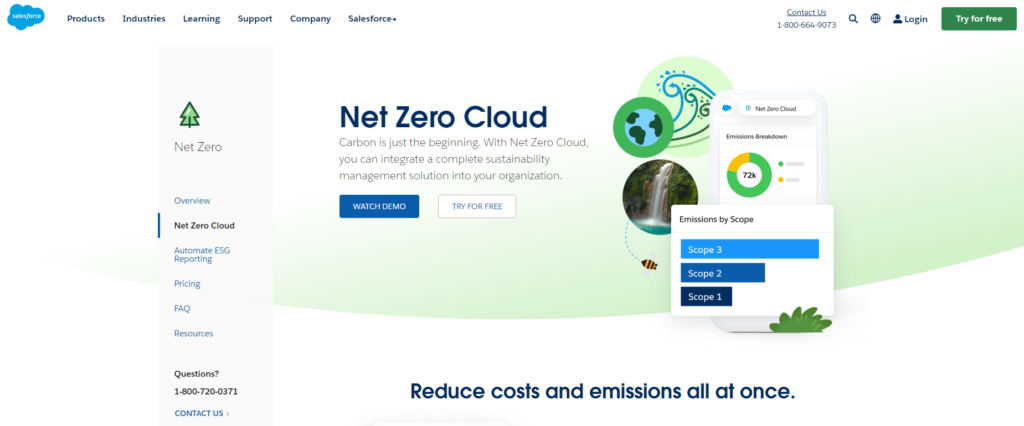
Salesforce entered the carbon accounting software market in 2019 with the launch of their Sustainability Cloud. Since then, they have onboarded 7,000 organizations and recorded a 20% year-on-year growth in platform users. Their software integrates with over 50 third-party applications, providing a comprehensive carbon accounting solution. Salesforce Sustainability Cloud users report a 12% average decrease in carbon emissions after the first year of implementation. Their recent acquisition of Tableau enables advanced data visualization for carbon reporting.
Key Features
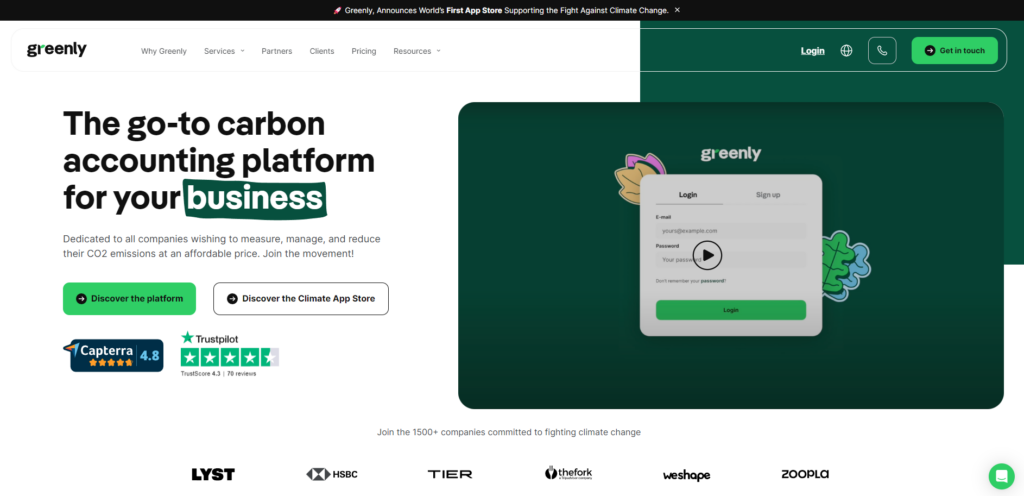
Based in France, Greenly specializes in offering carbon footprint analytics tailored for small and medium-sized businesses (SMBs). The firm stands out by streamlining the incorporation of data analytics with third-party platforms, empowering its clientele to identify and mitigate their greenhouse gas (GHG) emissions effectively. Although the platform is highly effective in this regard, it provides an extensive capability to quantify emissions across Scope 1 (direct emissions), Scope 2 (energy indirect emissions), and Scope 3 (other indirect emissions). To further assist businesses in their sustainability journey, the company offers consultations with climate experts upon request.
Key Features
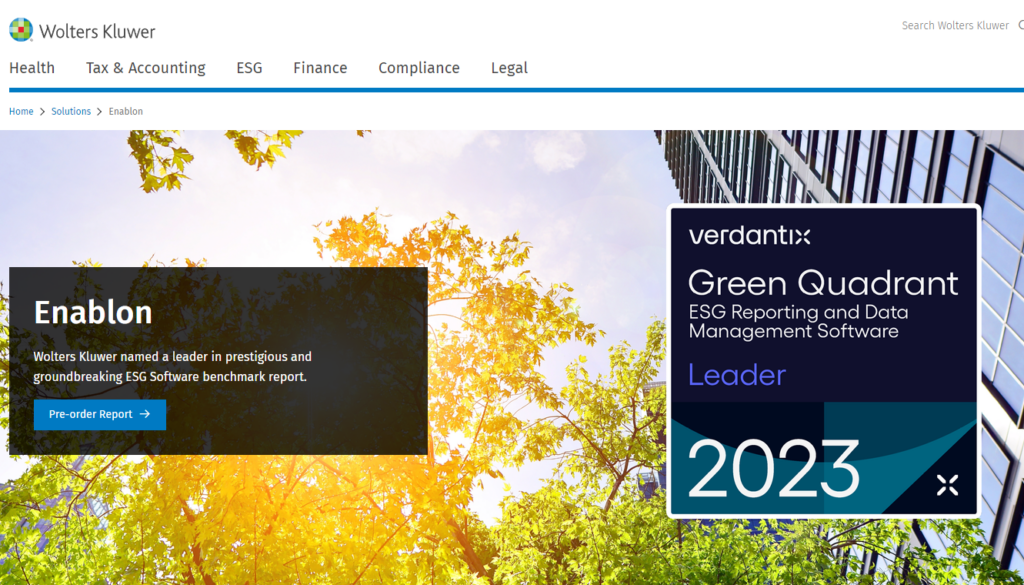
Founded in 2000, Enablon has over two decades of experience in carbon accounting software. They have served clients across 130 countries, supporting 20 languages. Enablon’s software has processed over 100 million metric tons of CO2 equivalent data. Their clients report a 10% average increase in operational efficiency due to streamlined carbon reporting. With the introduction of their mobile app, Enablon now provides real-time emission monitoring on the go. Their partnership with SAP enables seamless integration with ERP systems.
Key Features
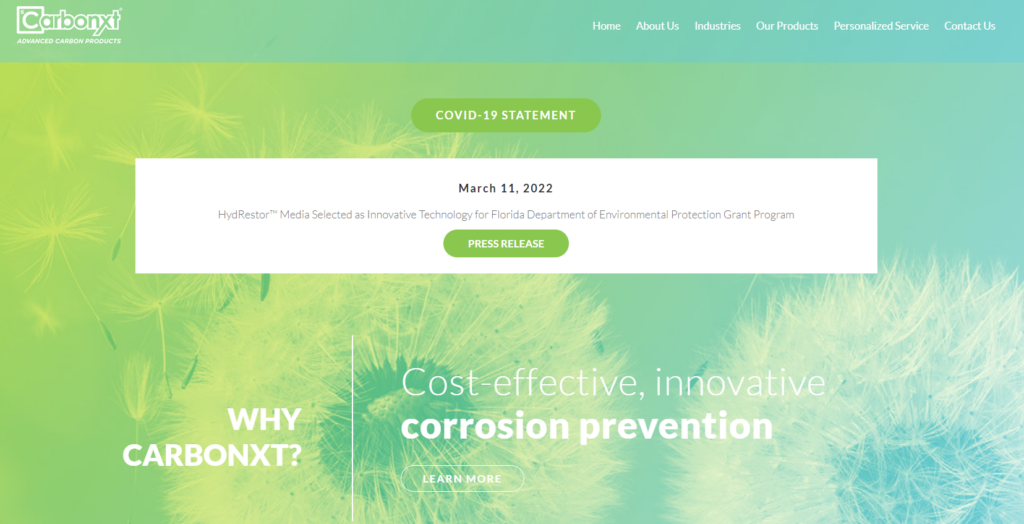
CarbonXT was established in 2010 and has since become a global leader in carbon accounting software. They have facilitated over 200 carbon offset projects worldwide. Their platform’s AI-driven data analysis tool has helped clients achieve an average reduction of 18% in carbon emissions within the first two years of implementation. CarbonXT’s software supports carbon accounting for more than 30 industries. Their recently launched Emission Simulation Tool allows clients to test different emission reduction scenarios, aiding in decision-making.
Key Features
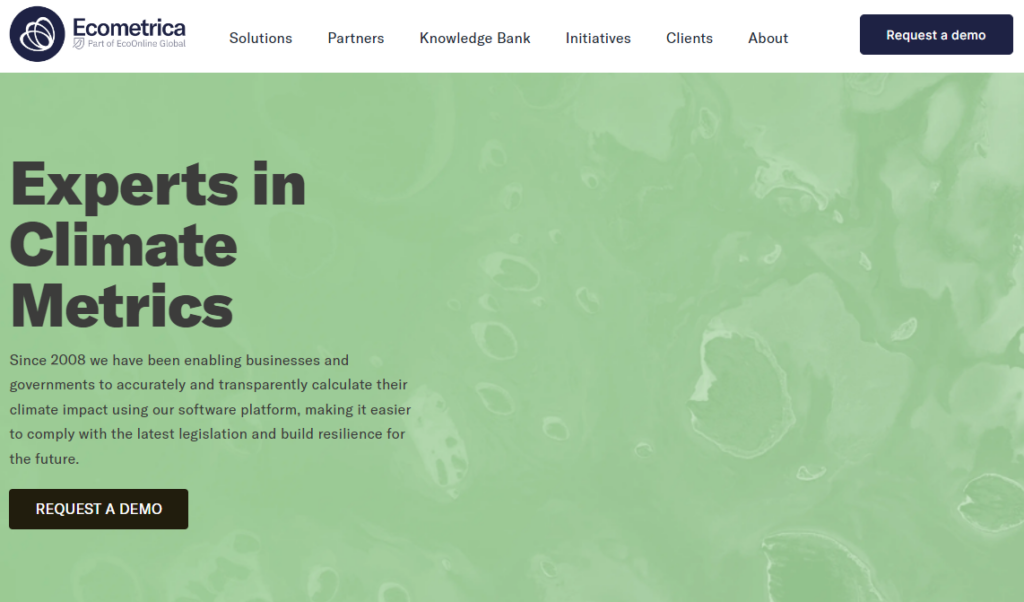
Ecometrica, founded in 2008, has a strong presence in the carbon accounting software market. Their platform has facilitated the planting of over 1 million trees as part of carbon offset projects. Ecometrica’s software processes data from over 5,000 suppliers, helping clients monitor supply chain emissions. Their recent acquisition of Orbital Insight has enabled advanced satellite imagery analysis for land-use emission tracking. Ecometrica’s platform supports data collection from over 500 data sources, ensuring comprehensive emission monitoring.
Key Features
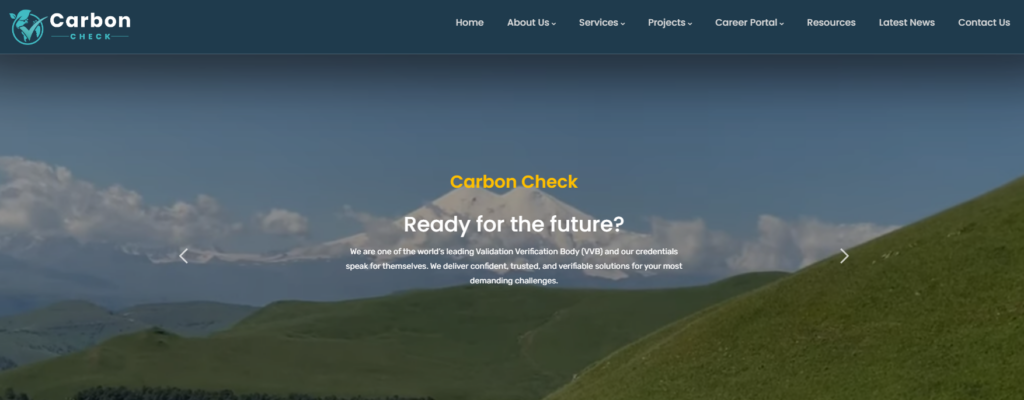
Carbon Check, established in 2009, offers powerful carbon accounting software. They have verified over 100 carbon offset projects, representing a reduction of 5 million metric tons of carbon emissions. Carbon Check’s platform supports data integration from 15 ERP systems. Their software has received the ISO 14064 certification for its accurate emission reporting. Carbon Check’s clients report an average of 20% improvement in carbon reporting efficiency due to the platform’s automation features.
Key Features
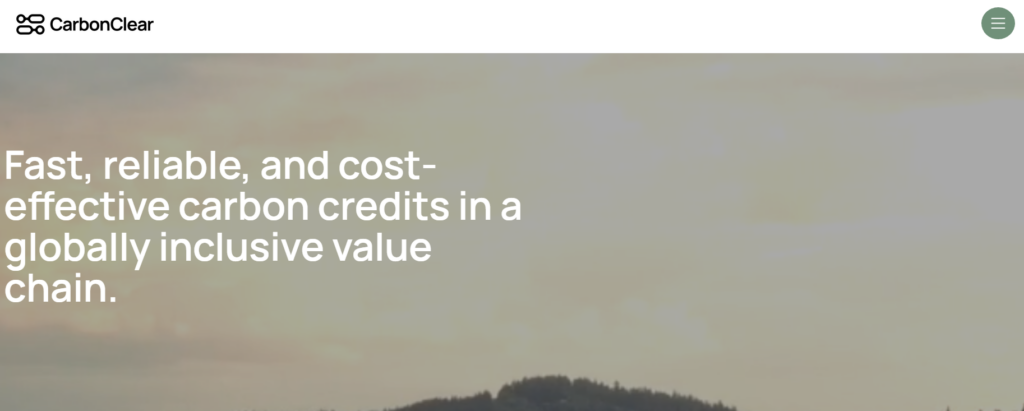
Carbon Clear, founded in 2005, provides comprehensive carbon accounting software. They have partnered with over 100 NGOs for carbon offset projects, helping reduce global emissions by 6 million metric tons. Carbon Clear’s platform supports more than 10 emission reporting standards. Their newly launched Carbon Intelligence Tool provides predictive insights into emission trends, aiding clients in strategic decision-making. Carbon Clear’s software facilitates carbon reporting for over 50 industries, providing industry-specific emission factors.
Key Features
The best carbon management software for you will depend on your organization’s specific needs and objectives. Consider factors such as your industry, size, and carbon reduction goals when evaluating software options.
Carbon Accounting Software has become an essential tool for businesses looking to accurately measure and manage their carbon footprint. By leveraging the capabilities of the top 10 carbon accounting software companies mentioned above, organizations can effectively track, analyze, and reduce their carbon emissions, contributing to global sustainability efforts. Moreover, the advanced features offered by these platforms enable seamless data collection and integration, providing valuable insights and actionable recommendations for carbon reduction.
To sum it up, adopting carbon accounting software is not only beneficial for the environment but also for enhancing a company’s reputation, achieving cost savings, and ensuring compliance with carbon reporting standards. As the world moves towards a more sustainable future, it is crucial for businesses to prioritize carbon accounting and make informed decisions to minimize their environmental impact.
Carbon accounting software calculates a business’s carbon emissions by analyzing data related to activities like energy consumption and transportation. It uses standardized emission factors to compute emissions and helps organizations track and reduce their carbon footprint.
Carbon accounting software allows businesses to measure and manage their carbon emissions, aiding in compliance with carbon reporting regulations. It also helps organizations identify reduction opportunities, demonstrate their sustainability efforts, and enhance their reputation.
Carbon accounting software helps businesses cut operating costs by identifying areas for carbon reduction and implementing energy-efficient practices. It also ensures compliance with carbon reporting standards, avoiding potential taxes and penalties. Additionally, prioritizing carbon reduction can attract eco-conscious customers and increase revenue.
Stay a while and read more posts like this
Imagine a world powered almost entirely by resources that are slowly disappearing – this is the current reality with non-renewable resources. These are the hidden...
Green Energy, Green Living, Renewable Energy
Ever pondered the impressive perks of using green energy? Given the burgeoning cognizance about how traditional energy sources are affecting our environment, the...
Green energy initiatives are rapidly transforming the way we think about and use energy. Not only do they represent a practical solution to the global energy...